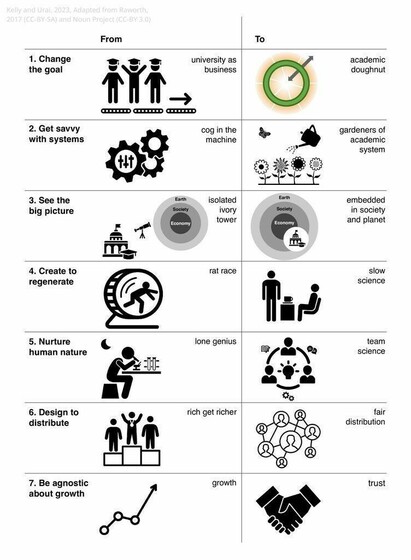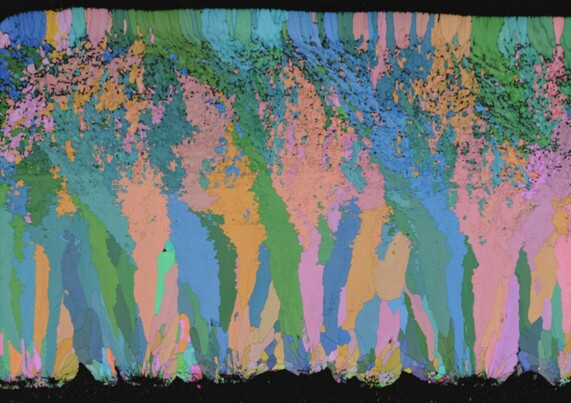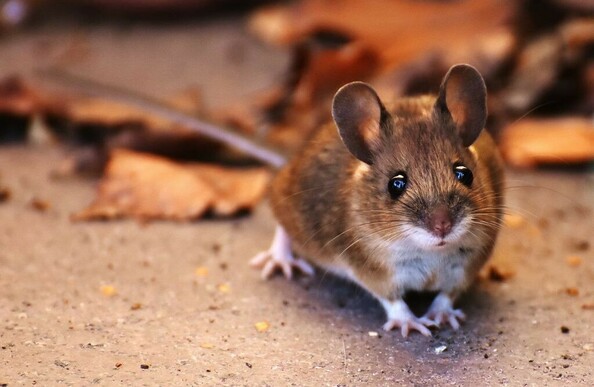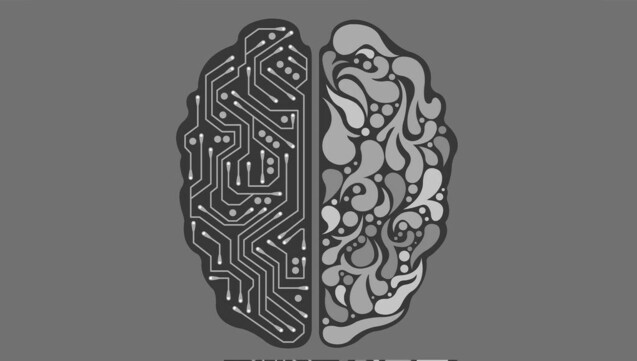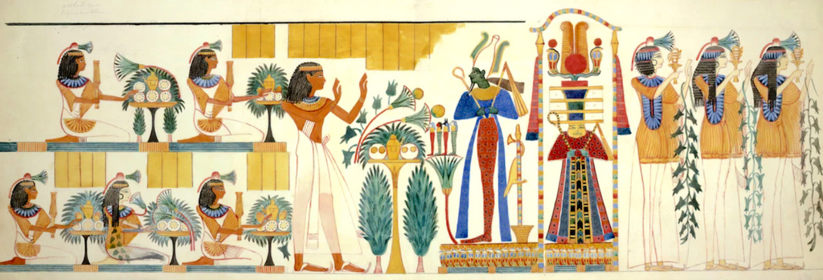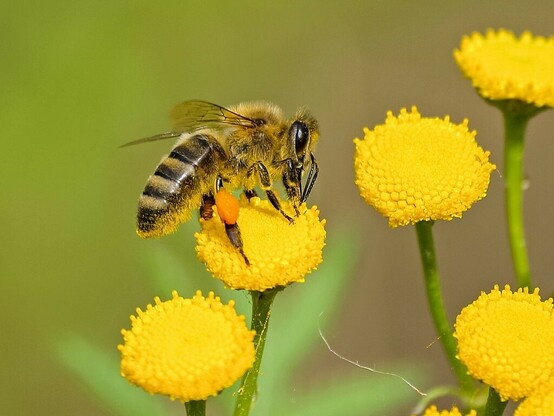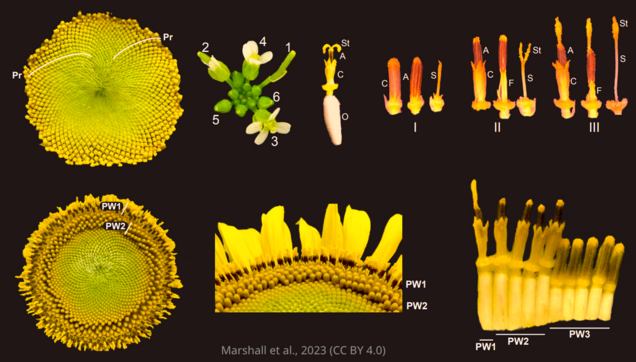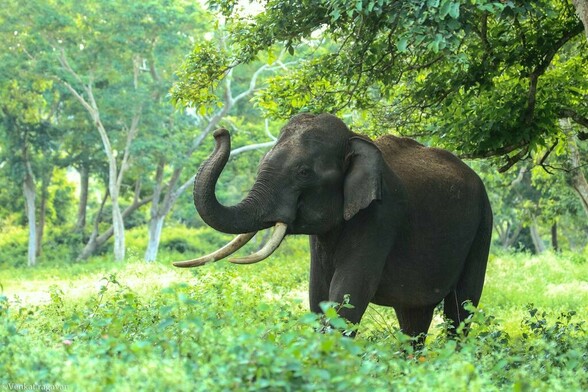eLife · @eLife
4634 followers · 391 posts · Server fediscience.orgA lake on the coast of Sweden has been fed by warmed water from a nuclear power plant since the 80s. This “biotest” lake is now helping researchers understand the effects of climate change on fish. #eLifePodcast 🎧 https://elifesciences.org/podcast/episode88?utm_source=mastodon&utm_medium=social&utm_campaign=organic
eLife · @eLife
4285 followers · 216 posts · Server fediscience.orgInspired by Kate Raworth's Doughnut Economics, Anne Urai and Clare Kelly imagine an ‘academic doughnut’ for rethinking academia for climate action.
🎧 Listen in the #eLifePodcast
https://elifesciences.org/podcast/episode86?utm_source=mastodon&utm_medium=social&utm_campaign=organic
eLife · @eLife
4286 followers · 212 posts · Server fediscience.orgWhat can modern-day bird eggs tell us about the habits of dinosaurs?
🎧 Listen to David Varricchio in the latest #eLifePodcast
https://elifesciences.org/podcast/episode86?utm_source=mastodon&utm_medium=social&utm_campaign=organic
eLife · @eLife
4282 followers · 204 posts · Server fediscience.orgHow does the smell of another female make a mouse live longer?
🎧 Learn more from Mike Garratt in the #eLifePodcast
https://elifesciences.org/podcast/episode86?utm_source=mastodon&utm_medium=social&utm_campaign=organic
eLife · @eLife
4279 followers · 199 posts · Server fediscience.orgAs talk about developments in #AI explodes, who do we trust more, humans or computers?
🎧 Listen to the #eLifePodcast where Marco Wittman explains research on how we take on information: https://elifesciences.org/podcast/episode86?utm_source=mastodon&utm_medium=social&utm_campaign=organic
eLife · @eLife
4270 followers · 197 posts · Server fediscience.org“If there are variations that are being maintained this long, it can’t be a coincidence…”
🎧 Omer Gokcumen talks us through why we still carry genes from ancient human ancestors despite them being linked to metabolic and immune diseases in the #eLifePodcast
https://elifesciences.org/podcast/episode86?utm_source=mastodon&utm_medium=social&utm_campaign=organic
eLife · @eLife
4247 followers · 183 posts · Server fediscience.orgIn the latest episode of the #eLifePodcast, we hear about ancient genes and disease, trustworthiness, sexual maturity and life expectancy in mice, the ancient secrets of eggshells, and “doughnut academia” https://elifesciences.org/podcast/episode86?utm_source=mastodon&utm_medium=social&utm_campaign=organic
eLife · @eLife
4197 followers · 161 posts · Server fediscience.orgForget an online quiz, what if you could tell your personality from a blood test?
Luigi Ferrucci explains how his team uncovered the relationship between mitochondrial DNA and personality traits, and what it might mean for our health. Listen to the #eLifePodcast 🎧 https://elifesciences.org/podcast/episode85?utm_source=mastodon&utm_medium=social&utm_campaign=organic #Mitochondria #Genetics
#genetics #mitochondria #elifepodcast
eLife · @eLife
4186 followers · 148 posts · Server fediscience.orgLearn from researcher Erick Motta how honeybees enlist gut microbes to help them break down the toxin amygdalin, a precursor to cyanide. Listen to the #eLifePodcast 🎧 https://elifesciences.org/podcast/episode85?utm_source=mastodon&utm_medium=social&utm_campaign=organic
eLife · @eLife
4169 followers · 137 posts · Server fediscience.orgSunflowers belong to one of the most successful plant families on Earth, perhaps thanks to their composite flower made of many mini florets.
Stacey Harmer explains how these florets stay in sync and why it’s so important. Listen to the #eLifePodcast 🎧 https://elifesciences.org/podcast/episode85?utm_source=mastodon&utm_medium=social&utm_campaign=organic #PlantBiology #CircadianClock
#circadianclock #plantbiology #elifepodcast
eLife · @eLife
4157 followers · 124 posts · Server fediscience.orgWhy are humans so right-handed?
Kai Caspar, who’s turned his lens to the animal kingdom, tells us more. Listen to the #eLifePodcast 🎧 https://elifesciences.org/podcast/episode85?utm_source=mastodon&utm_medium=social&utm_campaign=organic #Primates #Neuroscience
#neuroscience #primates #elifepodcast
eLife · @eLife
4140 followers · 110 posts · Server fediscience.orgHair. Why do we have it… and why did we lose it?
Nathan Clark explains how his team tracked down the genes that might have led to some mammals – like us – evolving hairlessness. Listen to the #eLifePodcast 🎧 https://elifesciences.org/podcast/episode85?utm_source=mastodon&utm_medium=social&utm_campaign=organic #MammalResearch
eLife · @eLife
4134 followers · 100 posts · Server fediscience.orgThe latest episode of the #eLifePodcast is now out!
We hear about a link between mitochondrial DNA and personality, why humans are mostly right-handed, circadian clocks and sunflowers, hairless mammals, and how some herbivores deal with plant toxins. https://elifesciences.org/podcast/episode85?utm_source=mastodon&utm_medium=social&utm_campaign=organic
#SciencePodcast
